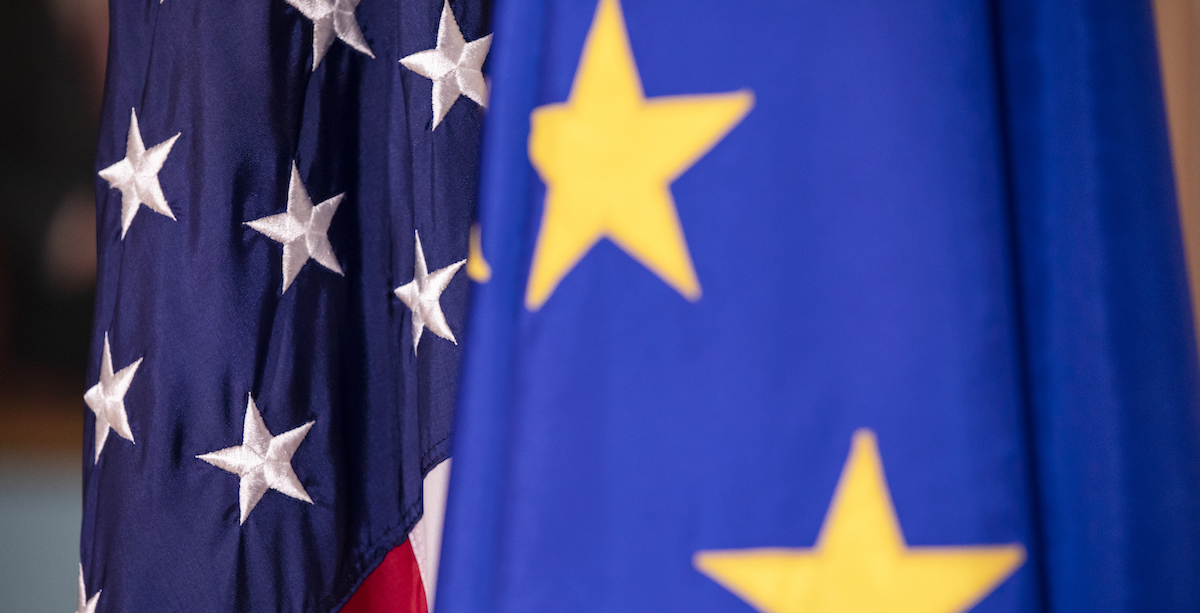It fills a regulatory void that has complicated data management for about three years, especially for large platforms
On Monday, the European Commission approved a new agreement allowing the free transfer of data held by companies between the European Union and the United States. The decision has been long overdue in particular by large platforms such as Facebook and Google, which for about three years have not had clear regulatory references on data transfer following the EU Court of Justice’s decision to block the “EU Shield – USA Privacy Shield”, the previous agreement for the exchange of data. Personal data for commercial purposes.
The committee has a favour Officially the United States as a country with adequate protections and safeguards on the processing of personal data, thus agreeing to the “appropriateness decision”. It is one of the tools provided by the General Data Protection Regulation (GDPR) to determine if a third country offers levels of personal data protection comparable to those in the European Union. Countries that meet these characteristics may transfer data without further authorization from the European Union.
Previously, data transfer was part of the EU-US privacy shield, but in 2020 the EU Court of Justice blocked it on the grounds that US intelligence agencies retained personal data of European citizens for excessive data-spying capabilities. The court also struck down Safe Harbor, another agreement that came into force in 2000 that was deemed insufficient to ensure data protection. Both deals were blocked after a complaint by Max Schrems, a privacy activist who objected to US intelligence activities on European data.
The new deal with the adequacy decision came after two years of negotiations between the United States and the European Union. In October last year, US President Joe Biden signed the executive order To reduce their intelligence agencies’ ability to access European data. After several months of adjusting, the US Department of Justice announced last week that it has met the requirements set out in the executive order. The agreement provides, among other things, for the creation of a new body that would allow European citizens to file an appeal against US intelligence agencies if they believe their data was collected without real reasons or in a disproportionate manner.
The new agreement will above all have consequences for the large US platforms, which will be able to resume managing the personal data of their European users more easily, transferring them from the EU to the US and vice versa. Meta previously announced that without proper rules, it would not be able to continue offering its services, like Facebook and Instagram, in the EU.
Resuming the transfer of personal data for commercial purposes may have positive implications for IT companies, but doubts remain about the new safeguards for individuals. The European Parliament opposed the new agreement, arguing that it could allow data transfers without adequate protections, but its opinion was not binding and the Commission was able to move forward anyway. Meanwhile, Schrems has already done so is expected Which by the end of the summer will appeal again to the Court of Justice of the European Union to overturn the decision.

“Devoted bacon guru. Award-winning explorer. Internet junkie. Web lover.”





